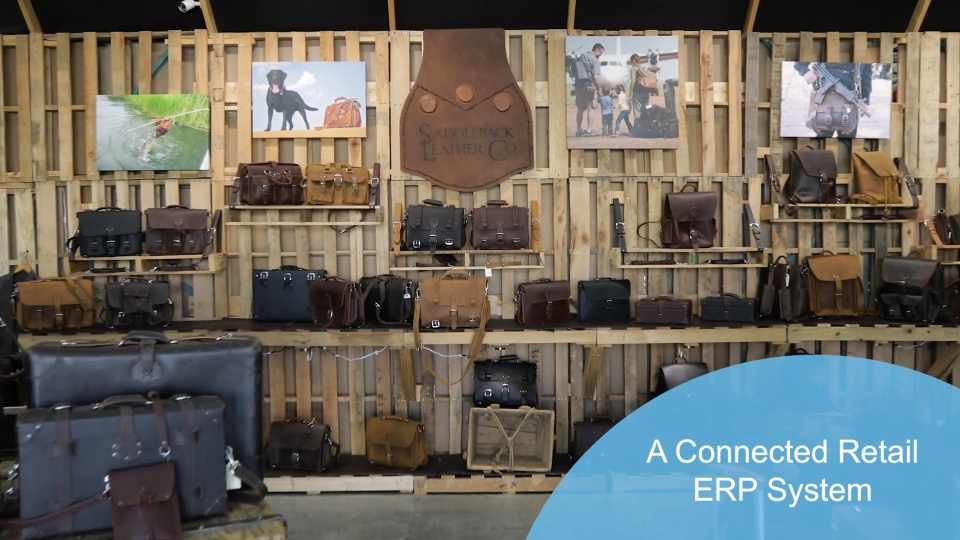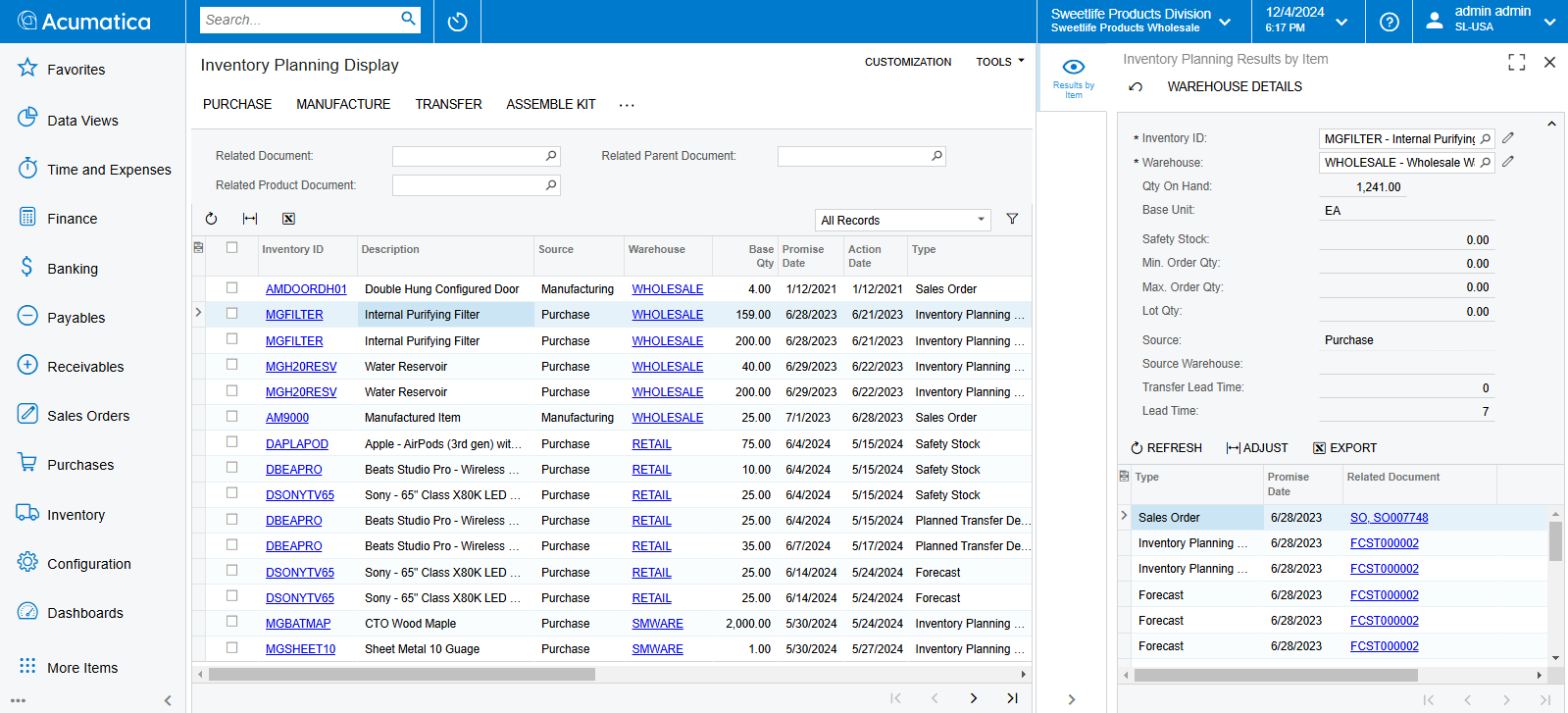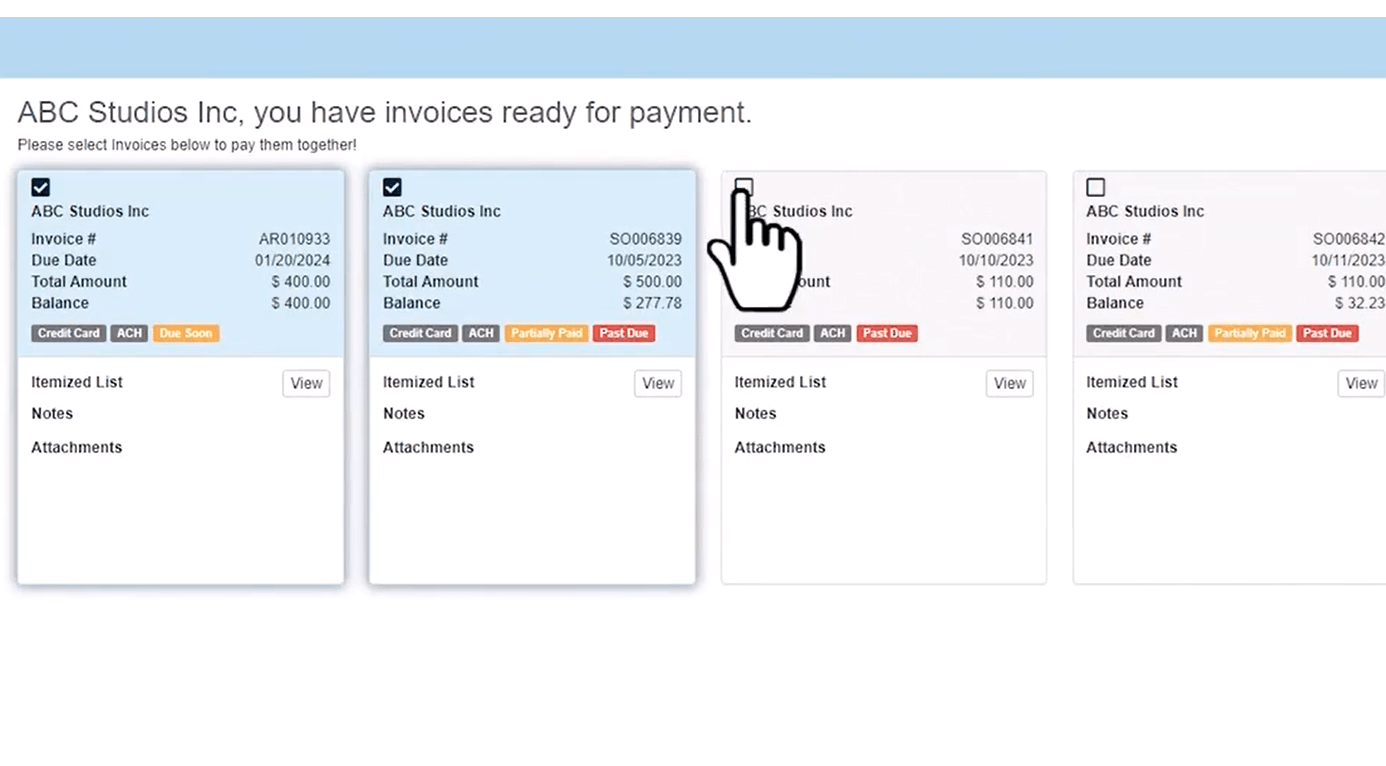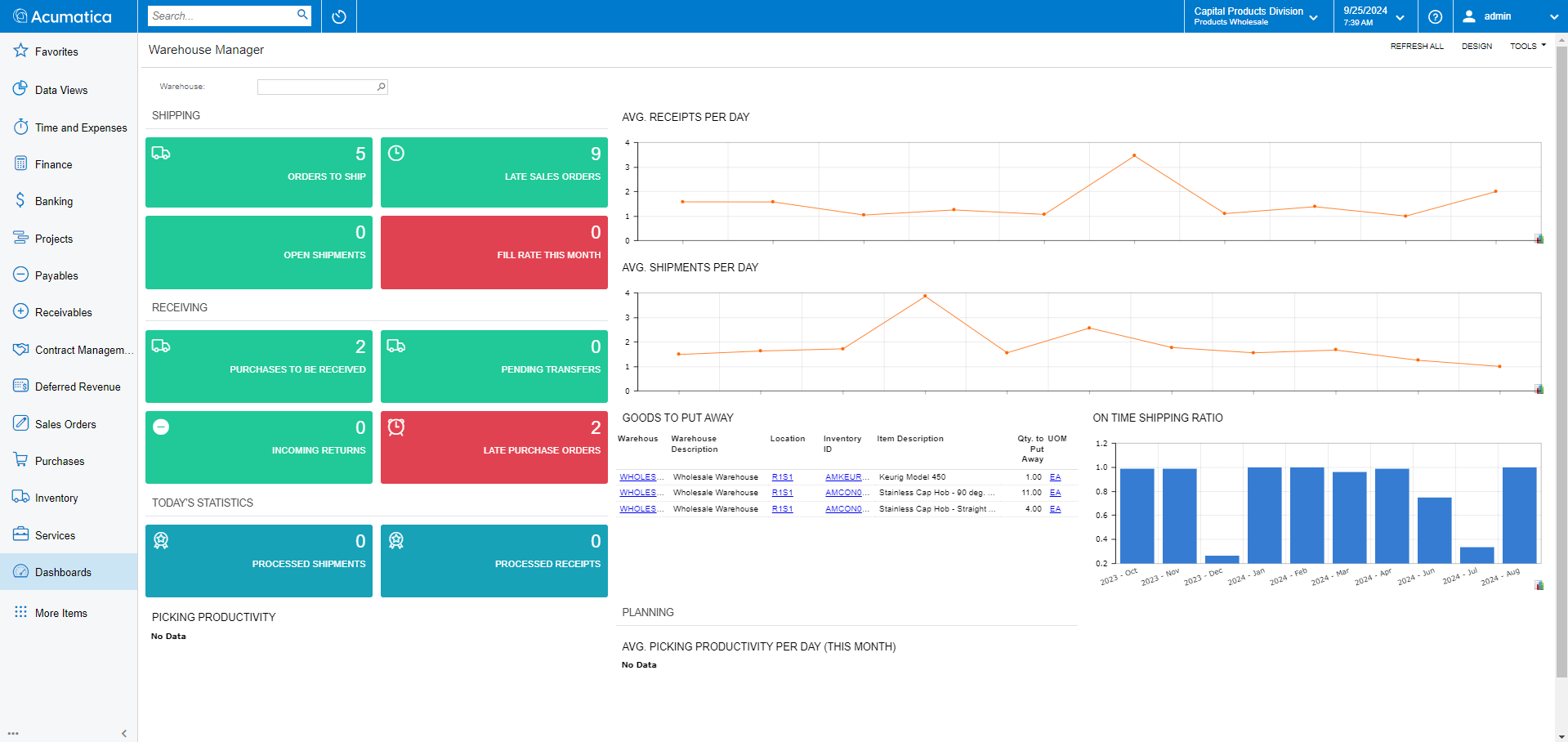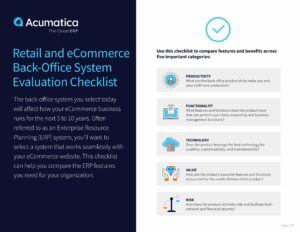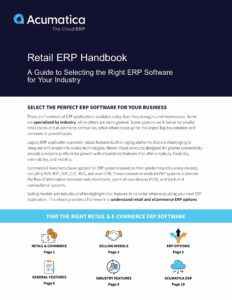Deliver a seamless and engaging omnichannel sales experience for sales, returns, and exchanges, in-store or online.
- Retail Point-of-Sale Apps
- Connect Retail Hardware
- Shopify Plus and Shopify POS Connector
- B2B on Shopify Connector
- Amazon Marketplace Connector
- BigCommerce Connector
- Other Retail Storefront and Marketplace Connectors
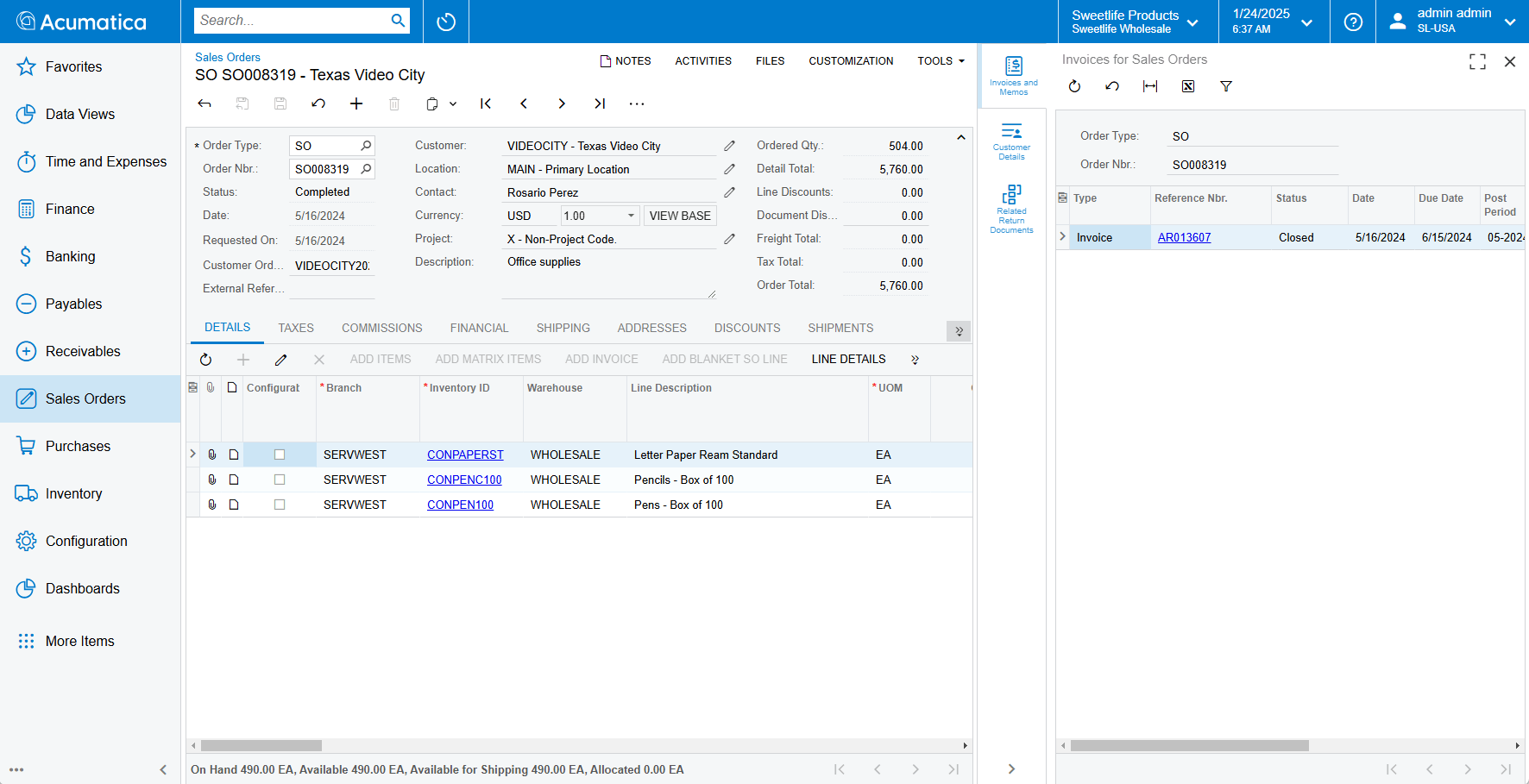
 Canada (English)
Canada (English)
 Colombia
Colombia
 Caribbean and Puerto Rico
Caribbean and Puerto Rico
 Ecuador
Ecuador
 India
India
 Indonesia
Indonesia
 Ireland
Ireland
 Malaysia
Malaysia
 Mexico
Mexico
 Panama
Panama
 Peru
Peru
 Philippines
Philippines
 Singapore
Singapore
 South Africa
South Africa
 Sri Lanka
Sri Lanka
 Thailand
Thailand
 United Kingdom
United Kingdom
 United States
United States
